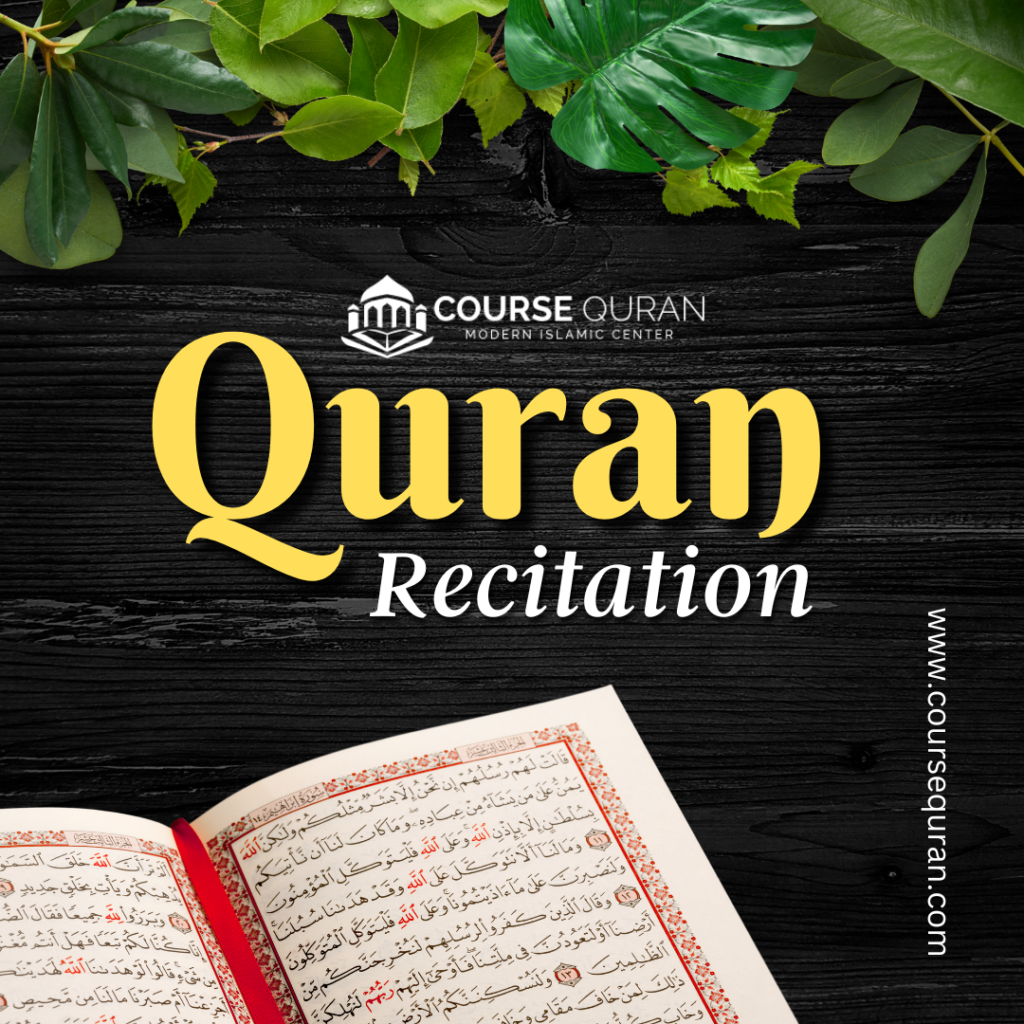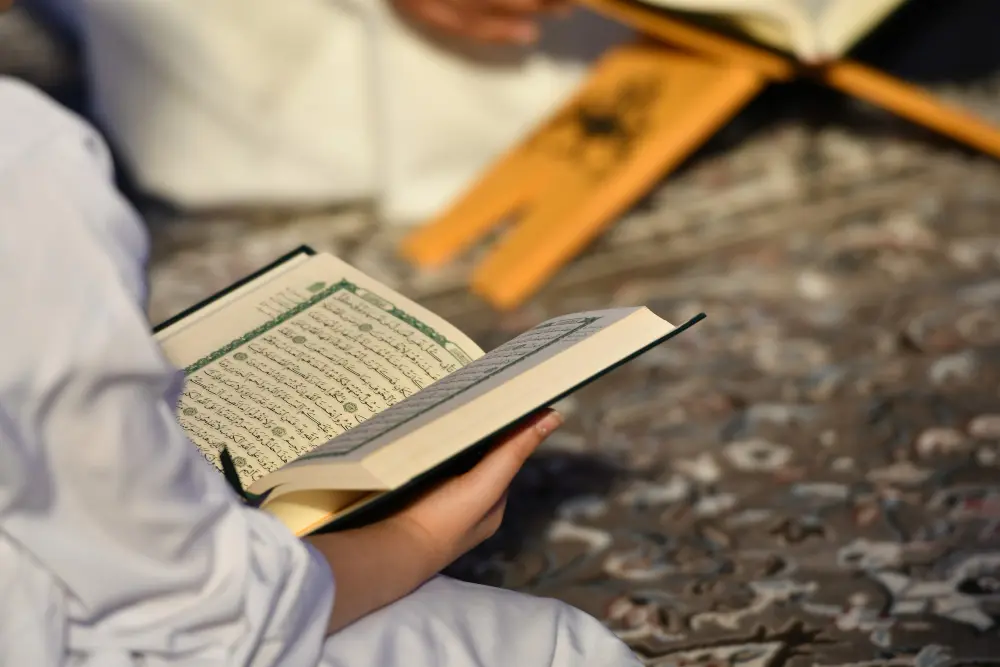Ramadan is actually one of the greatest months in the calendar of Islam for it is during this month when believers strive to commit themselves to fasting, prayers and business among others. But why does this month hold such an esteemed value in Islam? The answer lies in the Quran, which attaches very great significance to Ramadan.
As part of this post, we are going to dissect the themes associated with Ramadan as found in the Quran. Its significance in religion will be discussed as well as the concept of fasting and why Muslims are encouraged to live in accordance with the Quran during the year of Ramadan.
What Is Ramadan?
Ramadan is one of the twelve Islamic months and is the ninth one of the Islamic lunar calendar. During this month, Muslims are required and encouraged not to eat food and drink, or any other things which are needed in the body. However, Ramadan is not limited to physical fasting, but a method by which Muslims in particular detoxify their spiritual souls so as to reset their relationship with the God, Allah.
Islamic sacred book Quran always talks about this period indicating that Ramadan is crucial in enhancing consciousness of the people and purification of the souls of the believers equally and in parallel to one another.
Ramadan in the QuranRevelation of the Quran During Ramadan
It is especially so given the fact that according to the Quran, Ramadan is that month in which the Quran was revealed. In Surah Al-Baqarah (2:185), Allah says:
Ramadan is [that] in which was revealed the Quran, a guidance for the people and clear proofs of guidance and criterion.”
Ramadan is the ‘Month of the Quran,’ as claimed by this verse, because the Quran was sent down in this month. It is a time to recall and celebrate the special revelation that gives direction in daily life. That is why Muslims are to read the Quran for a longer period and try to handle the events of their lives according to its information.
Fasting as an Act of Worship
Ramadan fasting is the important of five pillars of Islam, which can be regarded as an image of Muslims. The Quran emphasizes the importance of fasting in Surah Al-Baqarah (2:183):
“O you who have believed, fasting has been made obligatory for you/ finding for you, like it was obligated upon those before you that you may become righteous/ be God conscientious.”
This verse proves not only that fasting is a type of RIBA’ but also a channel of training heart and soul civilization. Fasting in Islamic context teaches them patience, humbleness and being grateful. If they have denied themselves their physical desires, they are gently nudged into remembering their spiritual vitalities, that which they should curb the ways of the world for.
Charity and Compassion During Ramadan
Ramadan is also a season for giving and be charitable to our fellow human beings. Muslims are encouraged to cater for the needy and deliver their blessings to other during the holy month of Ramadan according to the Quron. In Surah Al-Baqarah (2:Allah also reiterates the act of spending and distributing among the lower: He has certainly made him upright – (Surah 92: Verses 17–19)
”Conventionally acknowledged ‘righteousness’, it is not to face east or west but righteousness is [in] one who believes in Allah, the Last Day, the Angels, the revealed book, the Prophets and stands for the destitute wealth even against his own self and his dear ones, and cherishes not miserliness, and breaks not family ties, and filial duty and speaks with kindness, and spends out of his wealth
Charity – or Zakat – forms a crucial part of the Islamic faith as the month of Ramadan underlines to Muslims that everyone should give back to the community.
Laylat al-Qadr (The Night of Decree)
Ramadan is incomplete without a special event known as Laylat al-Qadr which is observed during the last ten nights of fasting. The Quran mentions this night in Surah Al-Qadr (97:1-3):
Yes, verily, We have sent down the Qur’an during Al after Al Mulk Night. What can enable you to know what the Night of Decree is? Al ‘Itikaf means The Night of Decree is better than a thousand months.
Laylat al-Qadr is the most recommended night of the year in Islam, and Muslims believe that this night has much power. This night is considered a night of blessings and the Lord’s mercies are believed to be available, sins are forgiven, and supplications answered. It is a night in which Muslims try their best to remain in prostration, asking Allah’s forgiveness and mercy.
Spiritual Cleansing and Self-Reflection
Ramadan is not just about physical fasting; it’s also a time for spiritual cleansing. The Quran encourages Muslims to reflect on their lives, repent for their sins, and make efforts to improve their character. In Surah Al-Baqarah (2:186), Allah reminds us of His closeness and readiness to answer our prayers:
“And when My servants ask you concerning Me, indeed I am near. I respond to the invocation of the supplicant when he calls upon Me.”
This verse highlights the importance of prayer and turning to Allah, especially during Ramadan. Muslims are encouraged to ask for forgiveness, guidance, and strength during this holy month, knowing that Allah is always near and ready to answer their prayers.
The Benefits of Observing Ramadan
Fasting for Self-Discipline
This crude as well as moral fast serves the purpose of educating people and especially children on issues of self-discipline. Thus, such a specific advice of the Quran means that fasting is a way to accustom oneself to the domination of the desires and passions. Muslims fasting learn patience and self-control because they observe no food and drink and any worldly pleasures during the day. That is why this discipline is physical and spiritual; people are called for, for example, not to lie, gossip or be unjust.
Fasting as a Form of Gratitude
The act of fasting also instills a sense of gratitude in Muslims. By experiencing hunger and thirst, even temporarily, believers are reminded of the countless blessings they often take for granted. Ramadan serves as a reminder to appreciate the basic necessities of life, like food, water, and health, and to be grateful to Allah for providing them.
Conclusion
The significance of Ramadan in the Quran goes beyond just fasting and prayer. It is a month of spiritual renewal, a time for Muslims to strengthen their relationship with Allah, reflect on their actions, and strive to become better individuals. Through fasting, charity, prayer, and reflection, Ramadan provides Muslims with the tools to purify their hearts and minds, helping them live a life that is more in line with the teachings of the Quran.
As we approach this sacred month, let’s remember the lessons of Ramadan and the immense value it holds in the Quran. It’s not just about abstaining from food and drink; it’s about growing spiritually and strengthening our connection with Allah.
For more information on Ramadan and its significance in Islam, you can visit reliable Islamic resources like IslamicFinder.org.







